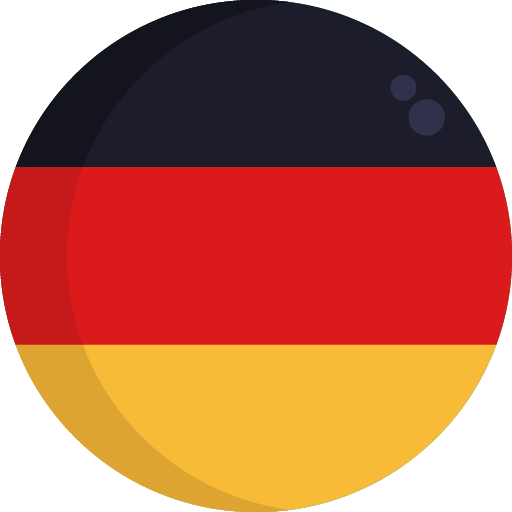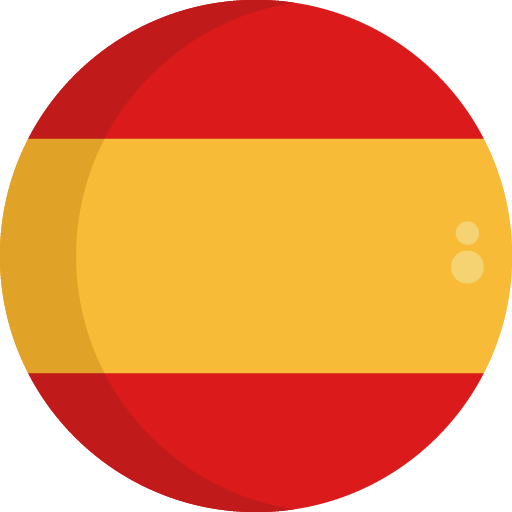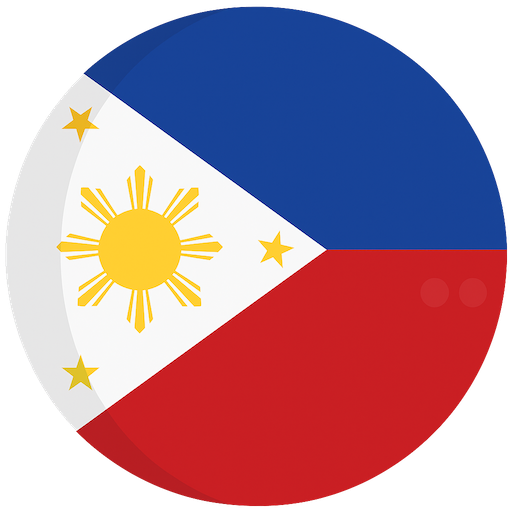Section 35c
Evangelization of Sychar
Sychar in Samaria
| John 4:39-42 |
| 39Now many of the Samaritans from that town believed in Jesus because of the woman's testimony: “He told me everything I have ever done.” 40So when the Samaritans came to him, they asked him to stay with them, and he stayed there for two days. 41And many more believed because of his word. 42So they said to the woman, “It is no longer because of your report that we believe, for we ourselves have heard, and we know that this is truly the Christ, the Savior of the world.” |
Notes
Sychar
Amazingly, Jacob’s well (also known as Jacob’s fountain and Well of Sychar) still exists just outside of modern Nablus and is a short distance from Tell Balata, biblical Shechem. It is often considered one of the most authentic site in the Holy Land — since no one can move a well that was originally more than 40 meters deep.
The well lies within the complex of an Eastern Orthodox monastery. Here visitors can descend below a modern church built over the site in 2007, to see the well. Jesus’ words to the woman - "Everyone who drinks of this water shall thirst again" - apply to more than water (John 4:13). They relate to everything we draw from in life for meaning and purpose apart from the One who spoke the words.
Samaria
After King Solomon’s death, the nation Israel divided north of the tribe of Benjamin’s border. Jerusalem stayed the capital in the south. Jeroboam chose Shechem as the capital for the Northern Kingdom, but the capital wasn’t there for long. Succeeding kings relocated Israel’s principal city from Shechem to Tirzah. Shechem, which lay between Mount Ebal and Mount Gerizim, provided central Israel’s most important crossroads.
King Omri moved the capital back to Samaria, and it served as the northern kingdom’s administrative center for 160 years. Samaria took its name from Shemer, the man
who sold Omri the hill (1 Kings 16:24-28). After the Assyrians dragged the Northern Kingdom into exile in 722 BC, they repopulated the area, producing a mixed breed - partly Jewish, partly Assyrian - called Samaritans. Caesar Augustus gave Samaria to Herod the Great, who rebuilt the city to his usual exorbitant standards and renamed the site Sebaste, the Greek name for Augustus.



















